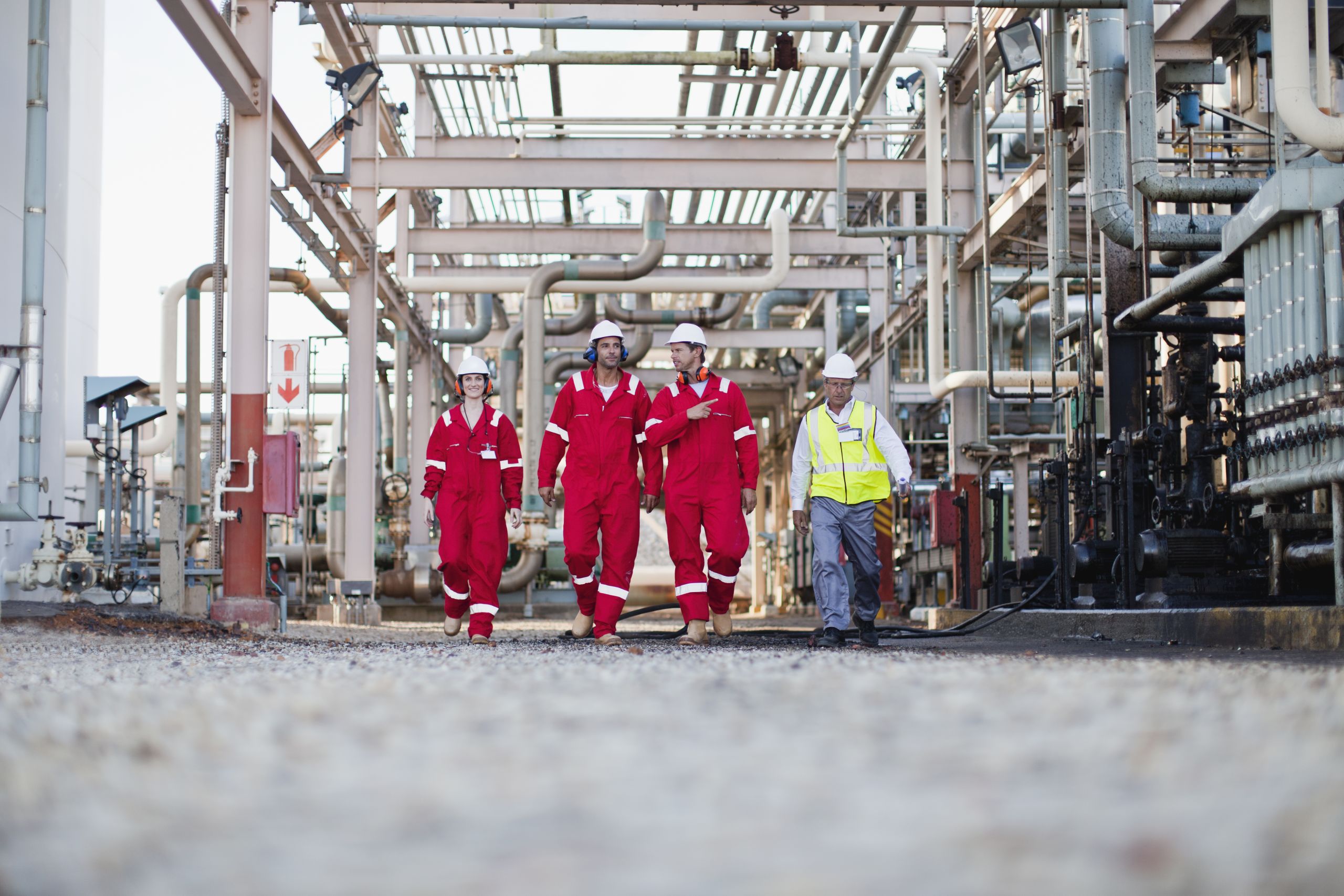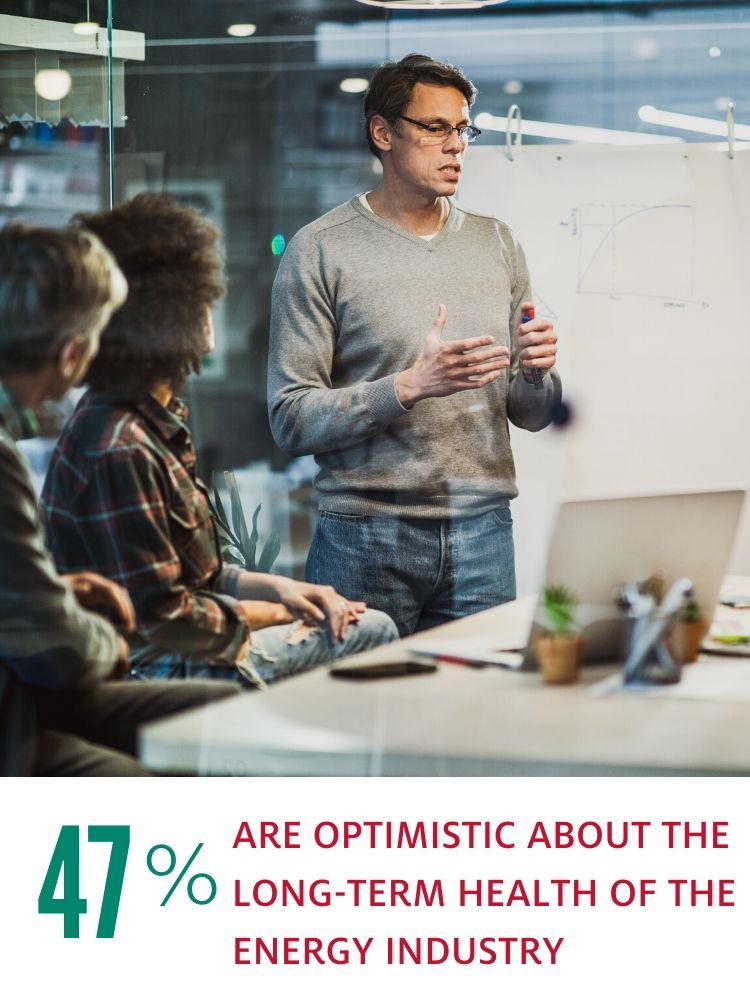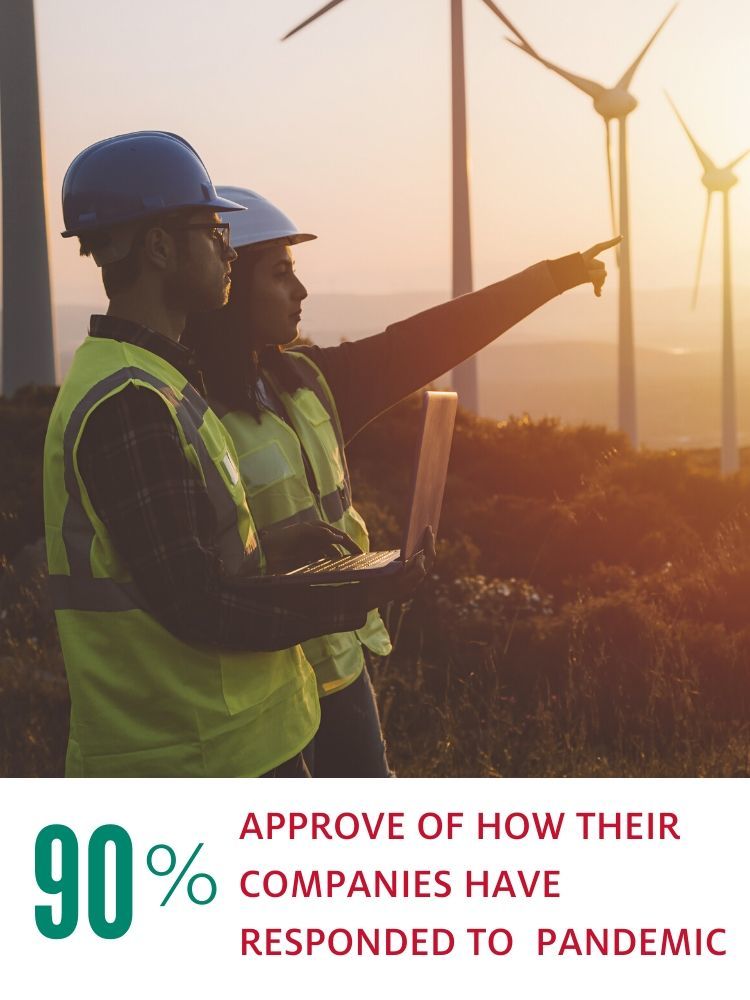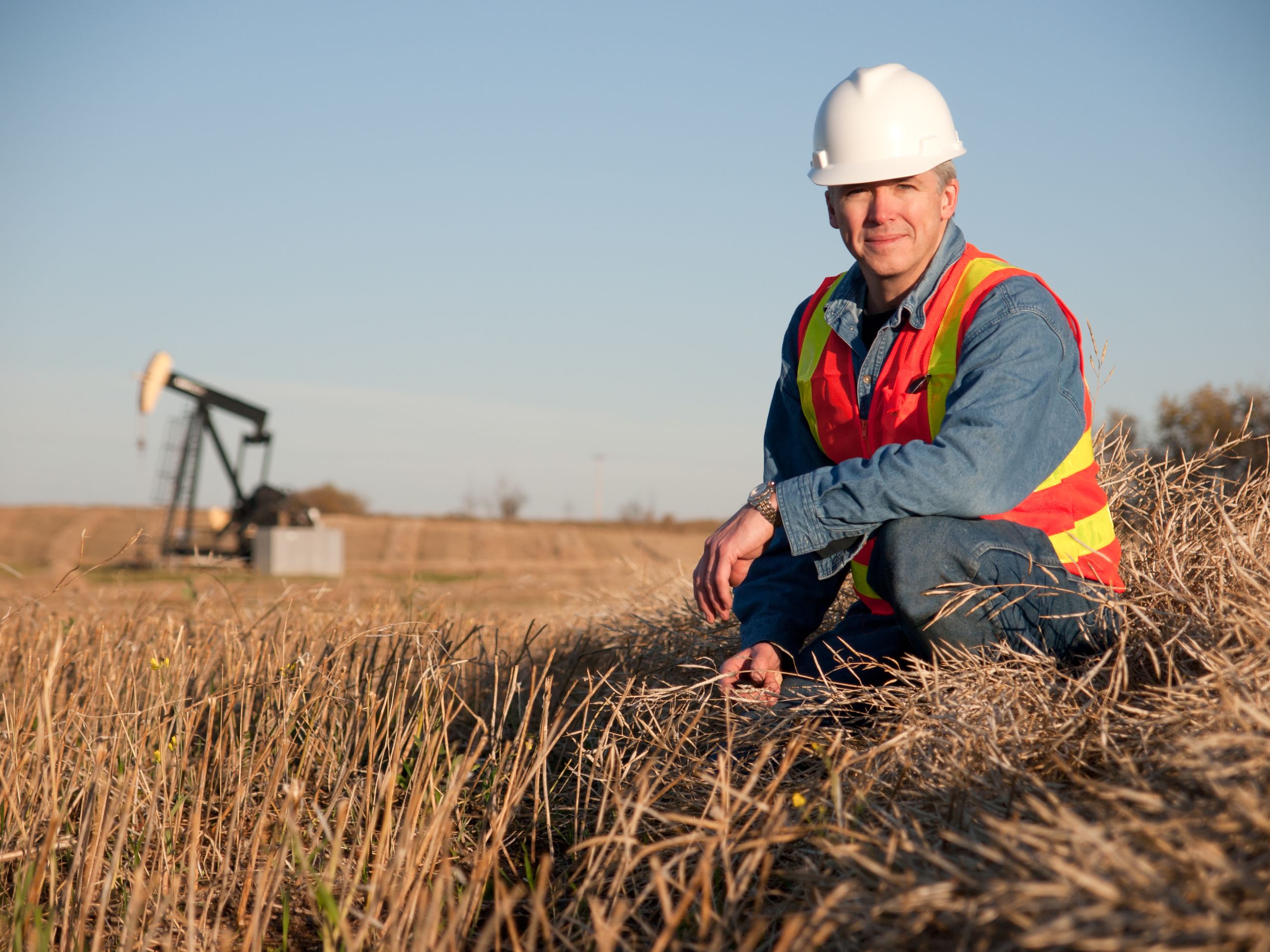ENERGY
WORKFORCE
SURVEY
Energy Workers Say Companies Were Well-Prepared for COVID-19 But Are Worried About Industry's Future

HOUSTON, April 6, 2020 – The global COVID-19 pandemic and the rapid drop in oil prices have combined to create unprecedented challenges for the energy industry. A University of Houston-led survey of workers released todayfound that workers give their employers high marks for how they have handled the crisis but are far less optimistic about their job security and the future of the industry as a whole.
More than half – 53% – said the pandemic had caused them to worry about job security. Almost four out of 10 are worried about paying their mortgages and other bills. And only 47% said they are optimistic about the long-term health of the energy industry.
Overall, according to the researchers, almost 90% of employees said their companies have responded to the pandemic effectively, with employees basing that on three issues: whether the company had provided clear and honest information about the issue; whether it had provided support to help workers juggle work responsibilities with those for children who were suddenly out of school and for their aging parents; and the extent to which the company had been prepared for the prospect of a global viral pandemic.
The industry is no stranger to boom and bust cycles, and Christiane Spitzmueller, an industrial psychologist at UH and one of the leaders of the study, said she expected those who had weathered previous downturns to be more optimistic than colleagues who were new to the industry.
They weren’t. “We didn’t see that at all,” she said.



SURVEY PARTICIPANTS
Data was collected from 408 energy workers via an online survey between March 25 and April 1, 2020.
On average, participants had 16 years of work experience in the industry.
83% worked in the oil and gas sectors, with the remainder split between alternative energy and the power and utility sectors.

Ramanan Krishnamoorti, chief energy officer at UH, said the results shed valuable light on what companies are doing right and what they can do to better manage their workforce. That’s especially important because energy workers – in Texas and across the United States, as well as globally – have been classified as essential employees and are expected to continue working even as other businesses shut down, he said.
In addition to Spitzmueller and Krishnamoorti, other researchers involved with the project are Rhona Flin, an industrial psychologist with Robert Gordon University in Aberdeen, Scotland, and Aparajita Datta, a graduate student and research assistant at UH.
UH Energy worked with three organizations – PESA, the Petroleum Equipment and Services Association; Pink Petro, which focuses oncreating an inclusive energy workforce for the future; and IPPA, the Independent Petroleum Association of America – to gather data from a cross section of energy workers. Data was collected from 408 energy workers via an online survey between March 25 and April 1. On average, participants had 16 years of work experience in the industry; 83% worked in the oil and gas sectors, with the remainder split between alternative energy and the power and utility sectors.
A report on the full study is available on the UH Energy website.
SURVEY FINDINGS:
- 53% said they felt insecure about their jobs due to the pandemic; 39% said they worried about paying their mortgage and other bills during the coming year.
- 46% said they are optimistic about the industry’s future; researchers said age or years of experience did not affect that, although people with children at home were slightly less likely to be optimistic about the industry.
- 83% of workers said their company had provided “fast and efficient technology” for working remotely. 71% said their supervisor worked effectively with employees to resolve conflicts between work and family life due to COVID-19.
- 37% reported that concern about the virus were affecting their sleep. That was especially true for people whose workload has increased due to the virus; people who struggled more with conflicts between work and family responsibilities and those worried about job security also reported problems sleeping. Poor sleep carries implications for workplace safety.
- About 27% said they had trouble remembering instructions, and 21% said they had trouble paying attention to details since the outbreak began, also suggesting safety risks.
- 5.4% of workers reported symptoms consistent with COVID-19 but said they had been unable to get tested. 0.2% said they had tested positive. The researchers recommended that industry advocate for widespread testing of energy workers, along with strict guidelines prohibiting reporting to work when employees are sick and paying all workers who experience symptoms.
The report includes recommendations of how industry leaders can best navigate the crisis in terms of managing their workforce. Flin, who studies energy industry safety, said the study provided evidence for the type of data-driven policy solutions companies will need to most effectively manage the uncertain times ahead.
About the University of Houston
The University of Houston is a Carnegie-designated Tier One public research university recognized with a Phi Beta Kappa chapter for excellence in undergraduate education. UH serves the globally competitive Houston and Gulf Coast Region by providing world-class faculty, experiential learning and strategic industry partnerships. Located in the nation's fourth-largest city and one of the most ethnically and culturally diverse regions in the country, UH is a federally designated Hispanic- and Asian-American-Serving institution with enrollment of more than 46,000 students.
